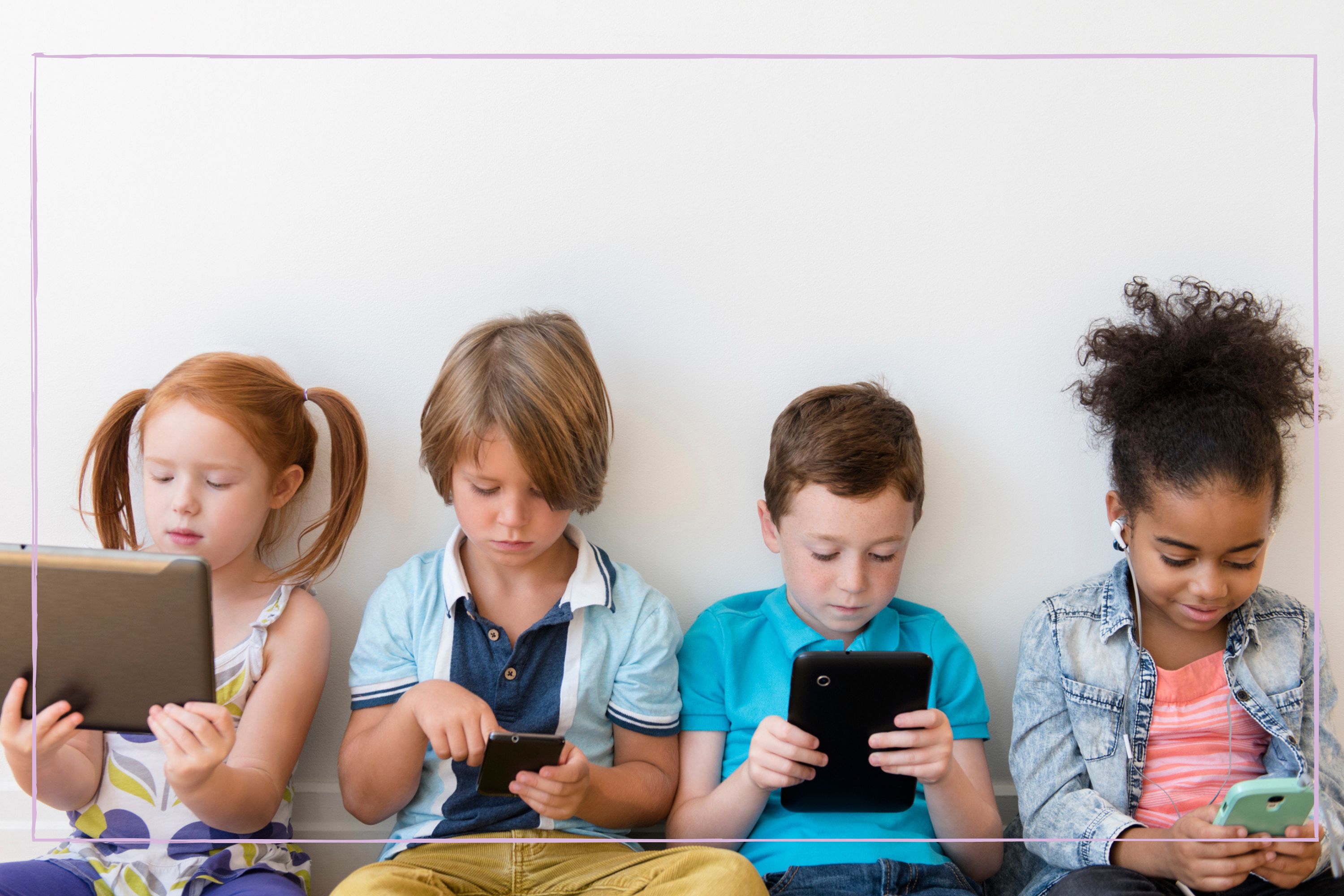Concerned about screen time? This one simple trick offers more ‘control’ and eases fears of device ‘addiction,’ according to a psychologist
It's also very simple to implement


If you're concerned about how to reduce kids' screen, you're not alone. If you want to minimise the potentially negative effects of iPads and devices on your children, a psychologist has outlined one change you can make - and it's so simple.
Conversations about how to keep kids safe online can also extend to how too much screen time can affect a child's development - in terms of concerns over potential psychological and physiological effects prolonged time on devices can have on kids.
Some experts believe that iPads in particular, can be especially addictive for children. Speaking to HuffPost, counsellor Georgia Sturmer feels it's the plethora of entertainment available to children through iPads that presents the problems. She says "iPad’s have a limitless selection of things to watch and games to play, in comparison with live TV. But when we are offering our children a limitless array of entertainment that they can passively absorb, there is a risk involved too."
She adds "When there’s always something to do or watch on an iPad, it can quickly become an addictive way to spend time. This can make it harder for children to engage with the world around them, and to want to step away from it." However, parents can make one simple change to their kids' screen time that can actively work to prevent some of the problems it presents - swap iPads and other mobile devices for a television.
"Parents can make one simple change to their kids' screen time that can actively work to prevent some of the problems it presents - swap iPads and other mobile devices for a television."
Psychologist Dr Charlotte Armitage, believes television is the least worrisome of screens available as it offers optimum control. She said "Compared to a TV, we have far less control over devices and over the content that is on them, when you combine this with the accessibility and portability of these devices, as opposed to a TV which is static on a wall, it creates a huge problem."
She explains how the short, easily digestible content presented by iPads is designed to encourage constant engagement from users. Algorithms detect what the user is then likely to want to see, in turn offering an endless stream of content that kids find it hard to prize their eyes away from. Long-form content on TV doesn't have this same effect on the brain, and parents have more control to pick and choose what their children are looking at.
Research shows that good feelings caused by constantly being provided with pleasurable content, releases the 'feel good' chemical, dopamine. Short-form online videos can activate the brain’s dopamine reward pathway, creating the need for a constant stream to continue the dopamine reward. Dr Armitage suggests this process rewires children's brains to expect regular rewards, which is tantamount to addiction.
Parenting advice, hot topics, best buys and family finance tips delivered straight to your inbox.
Worryingly, she concludes "At the moment those rewards might well be scrolling through to the next video but as the child matures they may be more inclined to seek out activities or substances that facilitate the release of dopamine in the brain, which may be far more harmful than a device."
"Short-form online videos can activate the brain’s dopamine reward pathway, creating the need for a constant stream to continue the dopamine reward."
If you're concerned about screen time and internet safety in general, the UK Safer Internet Centre or the Screen Time Action Network can help. They have resources outlining how to reduce screen time, and information about the impact of devices on children. If keeping kids safe online is a worry, you'll also find plenty of articles with actionable tips to maintaining digital safety.
For more on how to reduce screen time, you also need to know it's not all bad news - we share the many positives to kids having screens too. It's also unsurprising that parents and teens approach screen time differently, and we share exactly how. We also look at the 10 rules that most parents have in place for their kids' smartphone use - how many do you have in place?

Lucy is a mum-of-two, multi-award nominated writer and blogger with six years’ of experience writing about parenting, family life, and TV. Lucy has contributed content to PopSugar and moms.com. In the last three years, she has transformed her passion for streaming countless hours of television into specialising in entertainment writing. There is now nothing she loves more than watching the best shows on television and sharing why you - and your kids - should watch them.